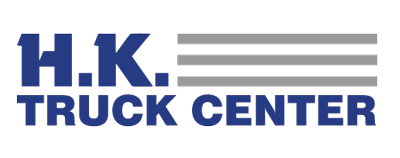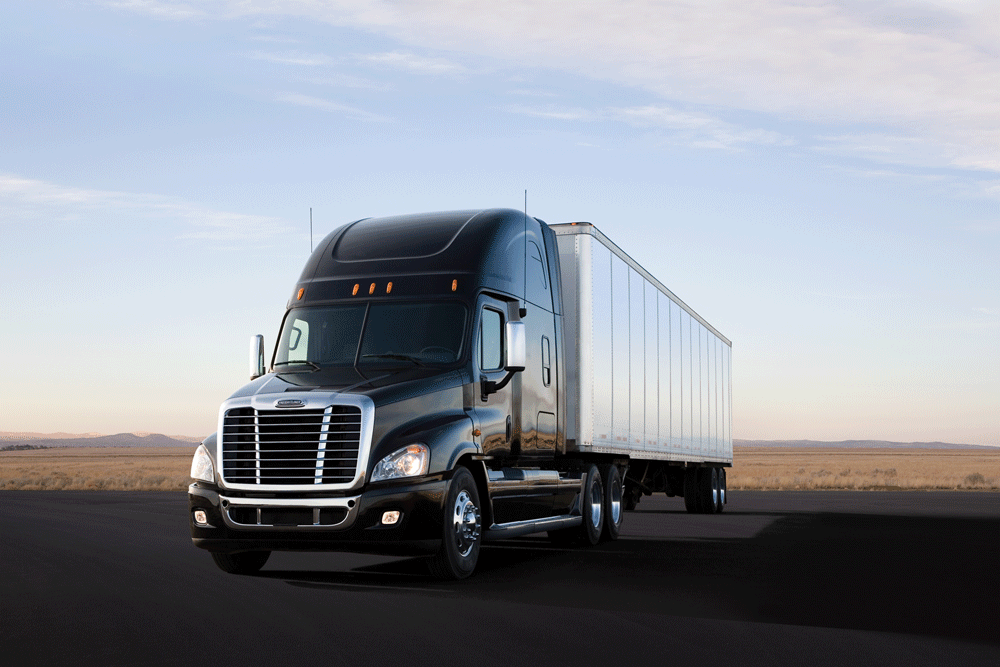
The Great Disruption of 2021 and What It Means for 2022
After nearly three decades in the trucking and transportation industry, I thought I had seen everything. Was I ever wrong!
At the end of each year, I look back to make an assessment on what occurred in the trucking industry. This past year needs only one word…DISRUPTION! That disruption, triggered by the pandemic, has affected every single business everywhere around the globe. Our industry has been impacted in a unique way. What affects us literally decides whether businesses and individuals throughout North America get what they need, when they need it. And all that revolves on having access to a truck.
The 3 major challenges for 2022
There are so many things happening when it comes to technology and regulations that will have tremendous impact on our industry, from electric vehicles to autonomous vehicles to new emissions regulations to infrastructure and more. All these issues are important, but they are not happening tomorrow. There’s a firestorm happening right now, and I’m not going to worry about whether the lawn is mowed when the house is burning down.
I see three major challenges that will be impacting businesses with fleets in 2022: supply, human capital, and deliveries.
Supply – Here’s a fact that shows you how things have changed. Today, when it comes to trucks, allocation is more important than price. Every day we hear about another OEM cutting back production due to component shortages. Freight Waves noted last week in an article, “The backlog of bookings in queue at major OEMs exceeded 14 months, according to ACT Research.” That has fleets jockeying for position, trying to be first when the new trucks come off the line. In the interim, fleets need to ensure the road-readiness of the trucks they already have, making maintenance more important than ever. Yet the supply chain shortages of parts, tires, and components impact existing trucks as well.
Human Capital – It’s not just the driver and tech shortages fleets need to worry about. It’s the shortage of talent for just about every facet of the business. It’s an employee market; they are the ones with leverage, so companies need to optimize the people they have and utilize new ways to recruit and retain employees. As more companies adjust to remote work for employees, this also may impact timelines and communications. This is not to minimize the fact that the driver and tech shortage still exists although, according to an article in CCJ citing ACT Research as well, “the Driver Availability Index improving considerably in October, as it became clear that most fleets will be exempt from proposed federal vaccine rules.”
Deliveries – Both of the issues above will impact how companies meet delivery deadlines. Companies rise or fall on their ability to meet on-time demand. The supply chain issues result in shortages of available goods. But even when goods are available, the human component creates the roadblock. You need look no further than the backlog of ships waiting at U.S. ports because of a lack of employees to unload containers to see how a lack of human capital is just as impactful as the lack of goods themselves.
To avoid the road to disaster, outsourcing creates an off-ramp for private fleets
With everything that has occurred over the past year, companies have put ever more emphasis on finding ways to lower costs and improve management over their working capital. For companies that rely on trucks to deliver their product, outsourcing all or part of their transportation components may be the best step. When considering the costs of constantly changing technology (think about how quickly current technology becomes obsolete), the impact of new and existing regulations, and the ongoing shortage of fleet-oriented talent, outsourcing makes absolute sense. Doing so opens up the ability of those companies to focus on their core business and to do more with their existing budgets. The shortages and on-time deliveries become the concerns for the third party.
Although those of us in the truck leasing industry face the same shortages as private fleets, we do have an advantage. In the case of NationaLease, we are able to leverage the aggregated buying power of our 130 member businesses and 1,000 locations (with 85,000 trucks and 65,000 trailers) in the US and Canada to get better pricing and parts allocation than most private fleets would be able to achieve. For our full service leasing customers, we also maintain vehicles and handle the burdens of ownership. This gives our customers the time to focus on growing their business (and in many cases, regrowing their business).
The pandemic has certainly presented challenges that few of us could have anticipated. Being prepared for what’s to come in 2022 should be the major goal of every business.
About Dean Vicha
Dean was named President of NationaLease in 2012 and has been with the company since 2005. At that time, he was part of the National Account team in the Midwest, where he helped grow the National Account Program to more than $447 million in term sales. In 2008, he became Vice President of Member Services, executing a strategy that provided a sustainable competitive advantage to NationaLease Members and growing the membership base. In 2010, Dean became Vice President of National Accounts, leading that team, in 2011, to a record-breaking year in sales.




